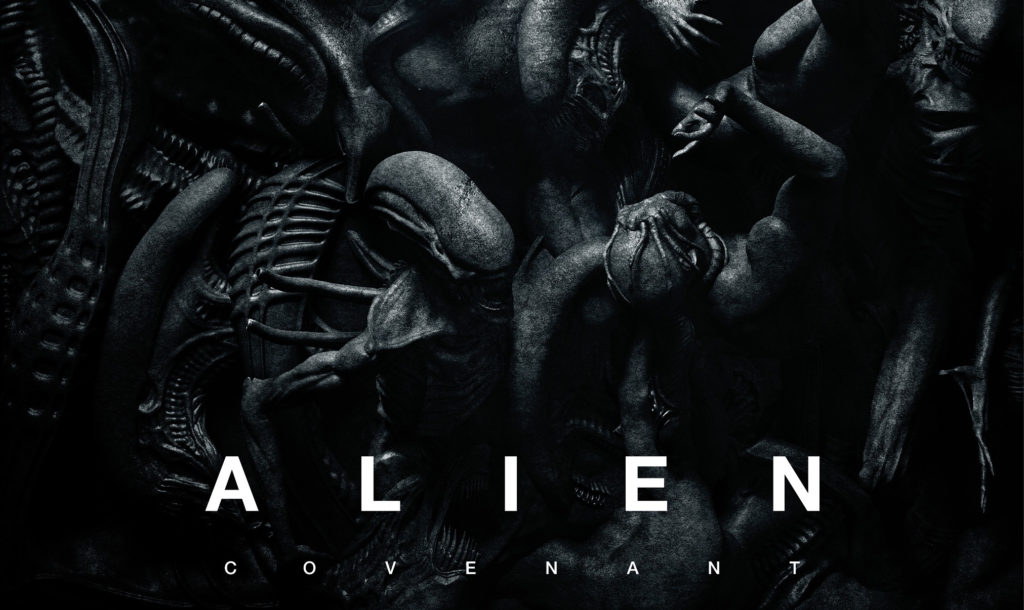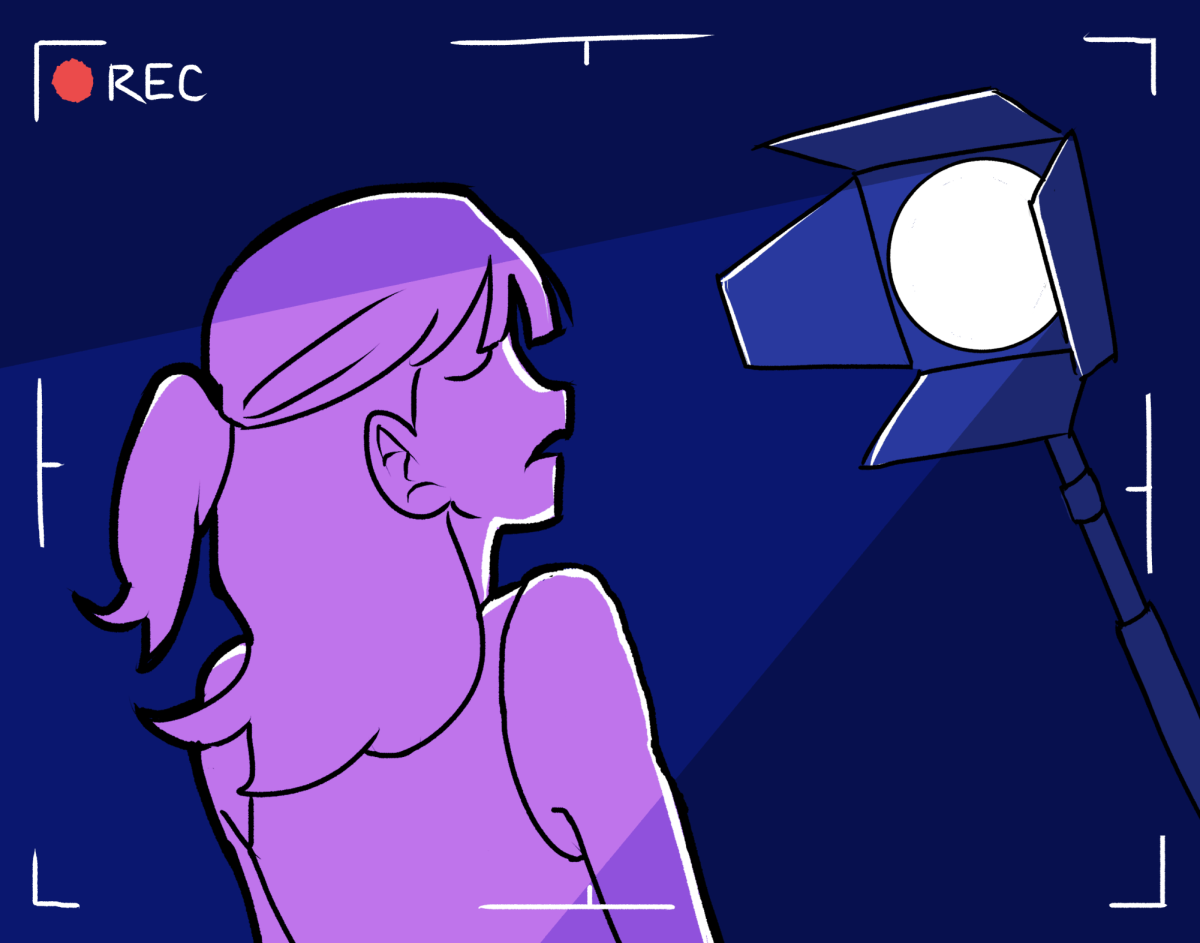The original “Alien” film was a sci-fi and horror staple that has remained in popular culture for several subsequent decades. Despite of the commercial and critical success of the first two films, the franchise has experienced its fair share of failures, as “Alien 3” and “Alien: Resurrection” both suffered from over-involvement on the part of Twentieth Century Fox. “Prometheus”, director Ridley Scott’s prequel to his original 1979 hit, was advertised as a film that would incorporate elements of the original film and reveal the origin of the xenomorphs, specifically where they came from, who created them and for what purpose. However, in spite of delivering scattered hints and clues the film ended on a cliffhanger that left audiences even more confused. “Alien: Covenant” is the highly awaited sequel that serves to bridge the gap between Prometheus and the original “Alien” films. But does this follow up actually tie up loose ends from Prometheus or does it too leave more to be desired?
Although “Alien: Covenant” reveals new information about the creation of the alien species, it fails to utilize said information to explain most of the unanswered questions from Prometheus. In fact, much of what is presented by director Ridley Scott retreads scenarios and story elements from previous films rather than introducing anything particularly original. Anyone going into this film with the expectation that all lingering questions will finally be answered is sure to leave the theater disappointed. However, the ideas that the film does present, along with its strong cast, action and stunning production design makes it a worthwhile chapter in the “Alien” saga.
The film explores the paradoxical relationship between life and death, creation and destruction. Walter, played by Michael Fassbender, is a cyborg aboard the crew of the Covenant who begins to question his place amongst his human counterparts.
Although, he is, for all intents and purposes just as intellectually capable as a human, he is treated as a machine that is devoid of true consciousness and supposedly incapable of feeling real emotions. It is not long before he meets David, also played by Michael Fassbender, the cyborg who escaped planet LV-223 with Elizabeth Shaw at the end of “Prometheus,” who is also struggling to rationalize his existence. Unlike Walter, who sees the value in humanity, David has grown to hate his creators. His crew’s misguided attempts to eclipse the engineers and understand the mysteries of the universe have only confirmed the incredible lengths of human ignorance. Playing off of this idea, the crew in this film believes that they have found the perfect planet to create a utopia when in actuality they have unknowingly exposed themselves to the most dangerous creatures in the universe.
Although the casts of horror films generally tend to be rather lackluster, most of the actors that make up the “Covenant”’s crew were generally likable and gave solid performances.
The obvious standout is Michael Fassbender’s characters. He gives a fantastic performance and steals every scene he’s in. Katherine Waterston plays Daniels, the protagonist who can easily be compared to Sigourney Weaver’s Ripley from the earlier films. She gives a very grim performance and has a commanding on screen presence even though she is overshadowed by Fassbender at times. Danny McBride delivers a very good performance that diverts completely from his usual roles as characters that solely provides comic relief. Instead, he delivers a very understated yet charismatic performance as Tennessee, the “Covenant’s” pilot.
Sometimes old dogs are capable of new tricks; “Alien: Covenant” incorporates many of the series’ most tried-and-true tropes and delivers suspenseful and gory horror that the franchise is known for. Sure, it’s nothing new to see aliens decimating victims on a spaceship, but this film deserves credit for its ability to recapture the eerie mood of the earlier installments. Cramped interiors and monolithic backdrops highlight the film’s illustrious production and set design, adding an overall sense authenticity to some of the film’s most suspenseful sequences. Still, it must be noted that that the film suffers from what I like to call “sequel-bait syndrome,” as it again leaves fans with little clarity and an abundance of questions that will likely (or at least hopefully) be answered in the impending sequel.
The Editor may be reached at
[email protected]









![Jordan Ward [REVIEW]](https://seattlespectator.com/wp-content/uploads/2024/04/ward_1-1200x800.jpg)

![COWBOY CARTER [REVIEW]](https://seattlespectator.com/wp-content/uploads/2024/04/Screenshot-2024-04-10-at-7.37.52 PM-1200x699.png)
